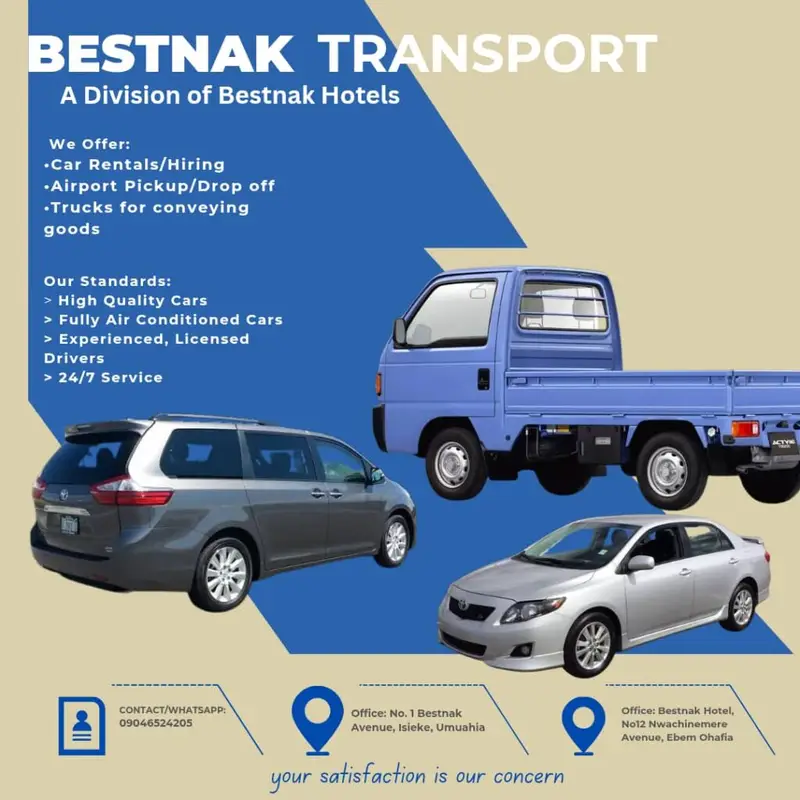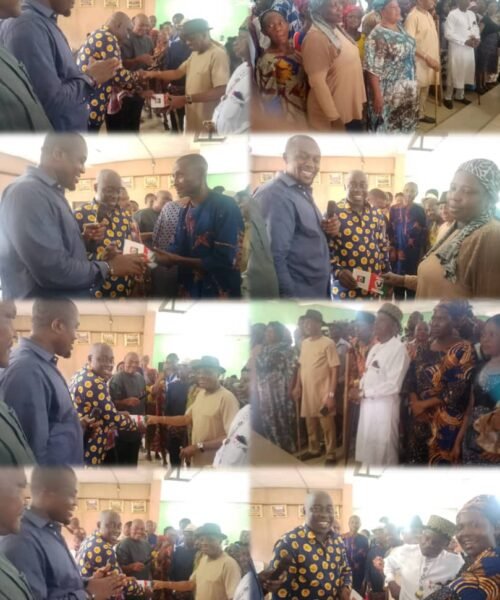The Crucible of Becoming: A Metamorphosis Through The Fire of Contradiction
Introduction:
In the smoldering forge of progress, where the past and future clash like flint and steel, Abia State emerges as a living testament to the Hegelian truth that becoming is born of contradiction. This week’s chronicle—a tapestry of heritage revival, environmental reckoning, industrial ambition, and digital ascension—reveals governance not as mere administration but as alchemy. Governor Otti’s initiatives, from resurrecting the Ojukwu Bunker to transmuting waste into energy, are not discrete acts but fissures in a societal chrysalis. Here, tourism’s nostalgic embrace wars with the sterile demands of modernity; landfills festering with decay are reimagined as temples of innovation; bureaucracies, once calcified by paper, dissolve into digital ether. Each contradiction is a spark in the crucible, demanding Abia confront its existential aporia: Can a people evolve without severing the umbilical cord to their essence?
The metamorphosis deepens as these tensions ripple beyond policy into the marrow of human experience. At Chief Irom’s funeral, mortality whispered its ancient taunt—What endures?—even as Senator Adighije’s health complex, etched with his name, answered with Durkheimian resolve: legacy is communal, a covenant between individual and collective memory. Meanwhile, the civil service, thrust into the glare of a digital dawn, grapples with its own existential pivot: adapt or ossify. In this dance of binaries, Abia mirrors the human condition itself—fraught, fragile, yet fiercely yearning. To govern here is to play Prometheus and Sisyphus at once, stealing fire from the gods while rolling the boulder of history uphill, knowing the summit is not a destination but a mirage in the heat of becoming.

I. The Archaeology of Progress: Unearthing Heritage as a Mirror for Tomorrow
Governor Otti’s courtship of tourism is no mere economic gambit. It is an excavation—a philosophical act of sifting through the sediment of history to resurrect what was buried. The National War Museum and Ojukwu Bunker are not relics but palimpsests, their scars whispering of resilience. Here, tourism becomes a dialogue with ghosts, a way to interrogate the past: What does it mean to build a future on bones? The Radisson Blu Hotel, rising near Azumini’s blue waters, is no sterile monument to luxury but a bridge—between myth and metropolis, silence and song. In securing these sites, Abia confronts a paradox: to move forward, one must first kneel at the altar of memory.
II. The Ethic of Scarcity: Waste as a Parable of Human Potential
The Dutch delegation’s arrival, bearing blueprints for a circular economy, unveils waste as society’s shadow self—a mirror to our excesses. Kaltani’s alchemy, turning refuse into energy, is a Sisyphian metaphor: humanity’s endless quest to redeem its own debris. Governor Otti’s admission that Abia was once “the dirtiest” is a confession of collective failing, yet his pivot to “wealth” from waste channels Camus’ absurd heroism. Can decay birth creation? The landfills of Osisioma, soon to hum with machinery, answer: even rot holds latent divinity. Here, sustainability is not policy but sacrament—an act of atonement to the Earth.

III. The Cathedral of Industry: Cement, Fiber, and the Architecture of Ambition
SINOMA’s fiber-cement factories, fire-resistant and eternal, are more than infrastructure. They are philosophical assertions—that what we build defines what we value. The choice of Osisioma, electrified by Geometric Power’s unyielding current, is symbolic: progress demands light, both literal and metaphorical. In these walls, workers will not merely assemble materials but participate in a Heideggerian poiesis, the act of bringing forth. Governor Otti’s invitation—“Abia is open”—echoes Arendt’s vita activa: to labor is to claim one’s place in the world.
IV. The Digital Loom: Weaving Consciousness into Code
The Wide Area Network launch is no mere IT upgrade. It is a metaphysical shift—a migration from analog inertia to digital fluidity. Governor Otti’s warning, “You either upskill or stagnate,” channels Heraclitus: No man steps into the same river twice. The fiber-optic cables snaking through Umuahia’s secretariat are neural pathways, threading bureaucracy into a collective mind. Yet, beneath the rhetoric of efficiency lies a darker query: Does connectivity dilute humanity? The Governor’s caveat—“We shall never surrender our roles to machines”—is a vow: technology must serve, not supplant, the soul.
V. The Elegy and the Epiphany: Mortality as a Lens for Legacy
At Chief Irom’s funeral, Otti’s eulogy—“consistency, honesty, conviction”—transcended tribute. It was a meditation on impermanence. The 72-year-old patriarch, laid to rest in Nsirimo, becomes a memento mori for governance: What survives us? Meanwhile, Senator Adighije’s birthday—marked by a health complex bearing his name—answers with Durkheimian solidarity: legacy is communal. Even the pensioners’ plight, revisited by Otti, echoes Levinas: justice is found in the face of the Other.
Epilogue: Abia as a Microcosm of the Human Condition
This week’s tapestry—heritage, waste, industry, data, mortality—reveals Abia as a laboratory for existential questions. Governor Otti’s policies are not just governance but a dialectic: between preservation and innovation, decay and rebirth, individual and collective. In this dance, Abia mirrors humanity’s oldest struggle—to reconcile memory with metamorphosis. The state’s renaissance, then, is no local anomaly but a fractal of universal yearning: to carve meaning from chaos, and in doing so, touch the eternal.

A chiaroscuro of urgency and introspection, where every policy is a stanza in an epic poem—a reminder that development, at its core, is the art of becoming.







